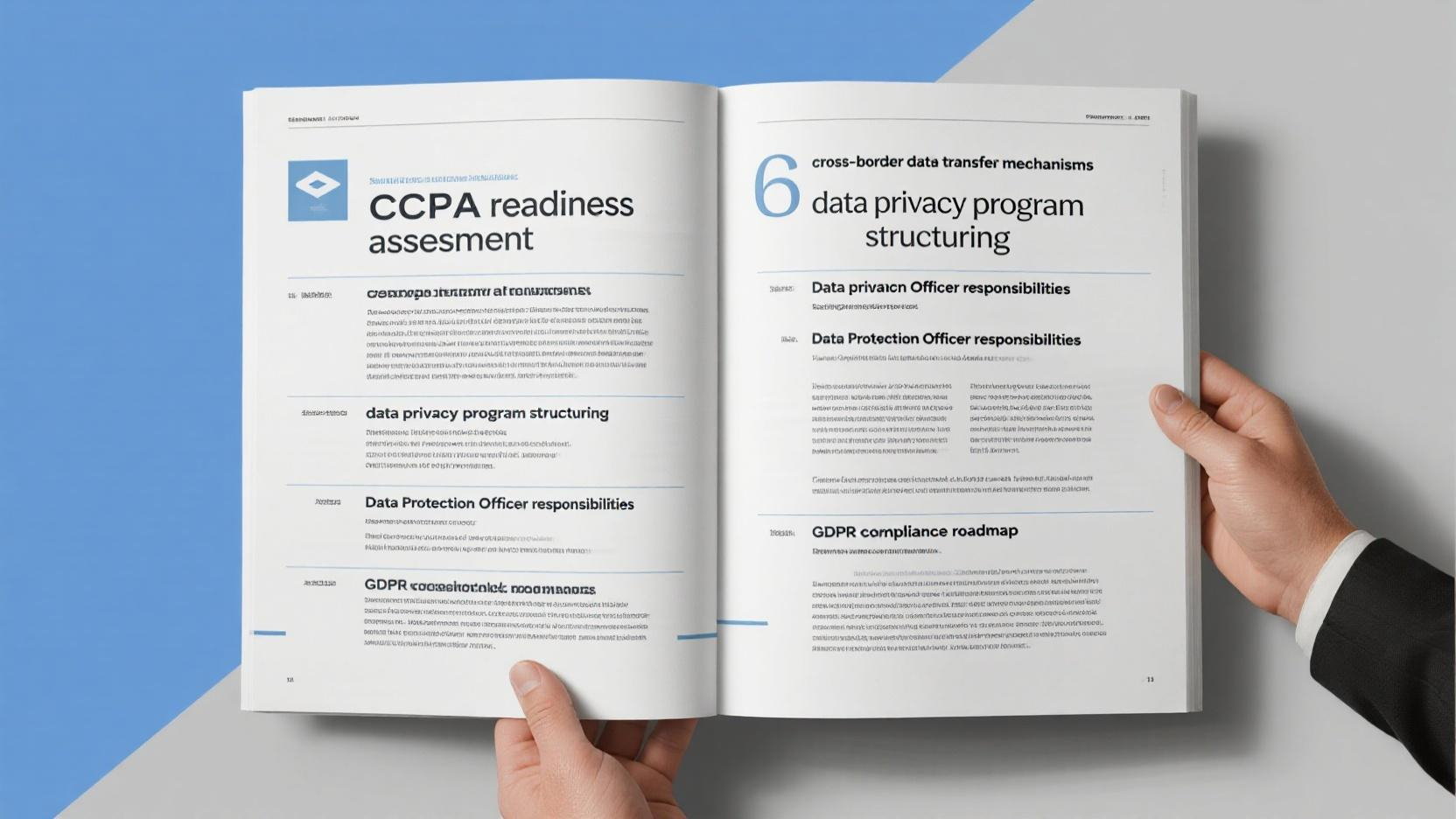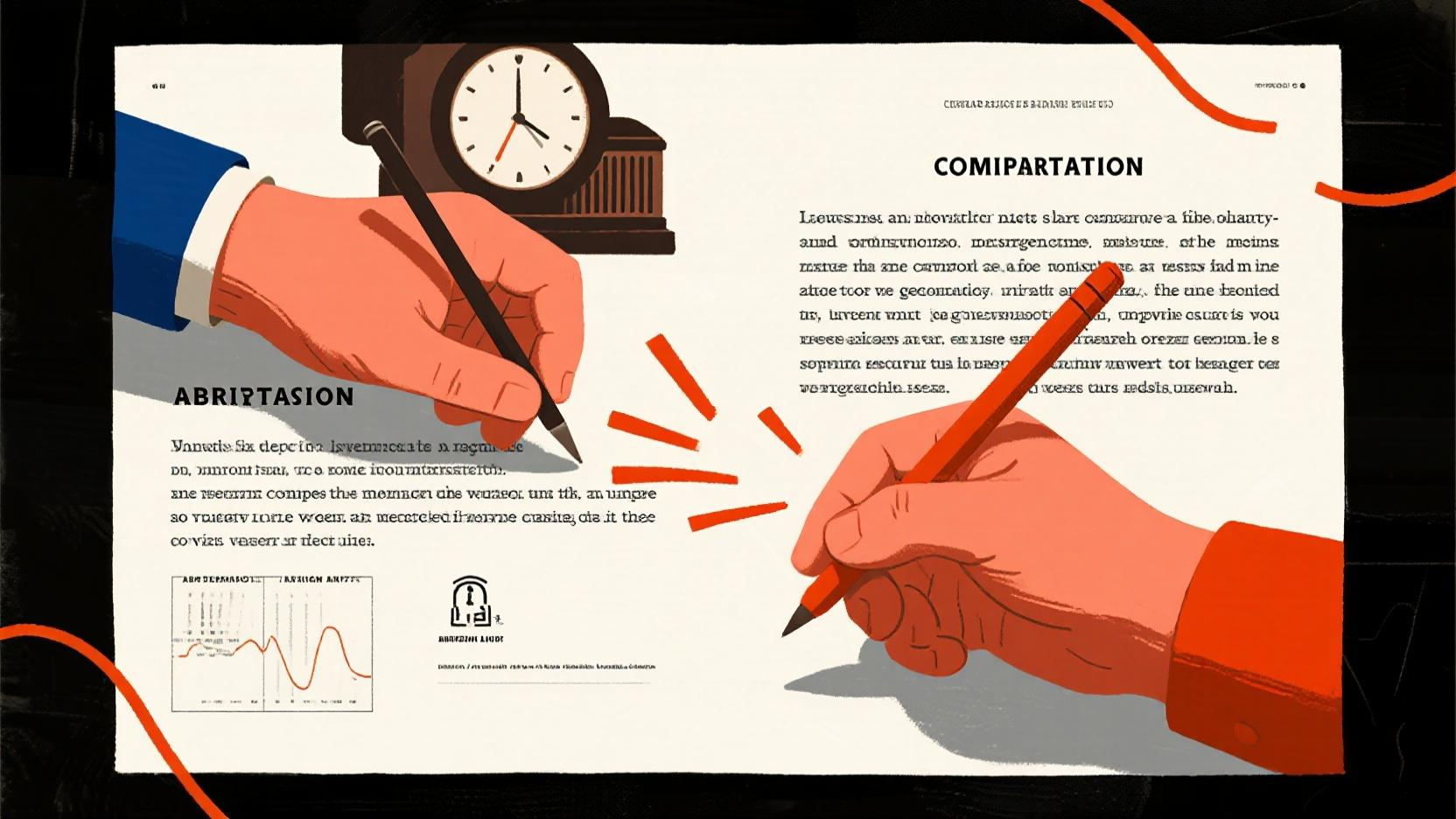Image Source: pexels
Unexpected rules in business contracts can raise questions about the legal validity of unforeseen clauses in business contracts. Provisions like force majeure or "Act of God" are designed to help manage risks during surprising events that may occur. Courts evaluate whether these clauses are clear, fair, and reasonable. Clear rules assist parties in adhering to them and help avoid disputes over liability.
Key Takeaways
- Unexpected rules, like force majeure, help businesses during surprises. They explain duties in tough times and stop arguments.
- Simple words are key in contracts. Confusing rules can cause problems and fights. Clear writing helps everyone understand.
- Getting legal advice is smart when making contracts. Lawyers make sure rules are fair and easy to follow, keeping businesses safe.
Understanding the Legal Validity of Unforeseen Clauses
What Are Unforeseen Clauses in Business Contracts?
Unforeseen clauses deal with events no one could predict. They explain who is responsible when unexpected things happen. For example, force majeure clauses excuse duties during big events like storms or government rules. Courts check if these clauses are clear, fair, and shared with everyone. Cases like PHI Group v. WCC show why defining these events clearly is important for them to work.
Why Are Unforeseen Clauses Important for Risk Management?
These clauses help manage risks in business deals. They guide what to do when surprises happen, so no one is unfairly blamed. For instance, a force majeure clause can protect businesses during wars or pandemics. By explaining duties clearly, these clauses prevent fights and make contracts easier to follow. Without them, businesses might face big problems when surprises occur.
Common Examples of Unforeseen Clauses in Contracts
There are many types of unforeseen clauses in contracts. Force majeure clauses cover events like earthquakes, terrorism, or disease outbreaks. Exclusion clauses limit blame for certain risks, while indemnity clauses decide who pays for damages. These clauses must be clear and fair to be valid. A good clause lists events, gives notice rules, and explains what to do. The table below shows what makes unforeseen clauses valid:

| Key Factors | Description |
|---|---|
| Clear Language | The words must be easy to understand and not confusing. |
| Clause Awareness | The other party must know about the clause in the contract. |
| Fair and Reasonable | The clause must treat both sides fairly to be valid. |
| Not Too Unfair | Courts won’t allow clauses that are very unfair to one side. |
| Reasonable Terms | Laws like the Unfair Contract Terms Act 1977 require fairness. |
| Consumer Protection | Some laws protect buyers from unfair rules in contracts. |
| Court Decisions | Judges look at the contract and situation to decide if the clause works. |
These examples show how unforeseen clauses protect businesses and follow legal rules.
Legal Rules for Unforeseen Clauses in Business Contracts
Are These Clauses Allowed by Law?
Courts decide if unforeseen clauses follow legal rules. They check if the words are clear and easy to understand. For example, exclusion clauses must clearly say they limit blame. In the UK, the Unfair Contract Terms Act 1977 says these clauses must be fair. Courts can reject clauses that are too unfair to one side. Rules also protect buyers by making these clauses stricter in consumer contracts.
| Legal Rule | What It Means |
|---|---|
| Clear Words | Clauses must use simple words to be valid. |
| Fairness | The Unfair Contract Terms Act 1977 says clauses must be fair. |
| Not Too Unfair | Courts can cancel clauses that are very unfair. |
| Buyer Protection | Consumer contracts have stricter rules to protect buyers. |
| Example from Court | Cases like PHI Group v. WCC show how courts decide fairness. |
These rules make sure unforeseen clauses follow the law and are fair.
How Force Majeure Helps in Big Events
Force majeure clauses help when big events stop work. These include natural disasters, pandemics, or government actions. "Act of God" means events like earthquakes or hurricanes that people can’t control. Courts check if the event made the job impossible or ruined the contract’s purpose.
In 7200 Scottsdale Rd. Gen. Partners v. Kuhn Farm Mach., Inc., the court said terrorism threats didn’t excuse work because travel was only risky, not impossible. But in Home Devco/Tivoli Isles LLC v. Silver, Florida courts agreed a force majeure clause covered both expected and unexpected events. These cases show why writing these clauses carefully is important.
Why Clear Words Matter in Unforeseen Clauses
Unclear clauses often cause fights. Courts look at what both sides wanted and the contract’s details. Specific words are more important than general ones. If unclear, courts usually side against the person who wrote it. Clear words are key for these clauses to work.
For example, cases like PHI Group v. WCC show how courts study exclusion clauses. In the UK, the Unfair Contract Terms Act 1977 also checks if clauses are fair. Using clear and exact words helps businesses avoid problems and makes contracts stronger.
Risk Sharing and Tips for Writing Clear Unforeseen Clauses
Sharing Risks Between Contract Partners
Good risk sharing makes unforeseen clauses work well. Contracts should give risks to the party who can handle them best. For example, a supplier might manage material shortages, while a buyer handles market demand risks. Giving risks to the wrong party causes fights, wasted time, and higher costs. Research shows smart risk sharing lowers disputes and helps projects succeed. The table below shows tips for better risk sharing:
| Tip/Study | What It Means |
|---|---|
| Fair Risk Sharing | Stops fights by matching risks to skills. |
| Risks Given to Experts | Lets skilled parties handle risks they know well. |
| Risk Costs Counted | Considers how much each risk will cost. |
| Shared Risks | Promotes teamwork for risks best handled together. |
| Saves Money | Good sharing can cut project costs by up to 5%. |
Using these tips helps businesses avoid problems and work better together.
Writing Clear and Simple Unforeseen Clauses
Clear writing is key for unforeseen clauses. Confusing words often cause arguments because people understand them differently. Experts say clauses should explain solutions, like pausing duties or giving more time. They should also explain when contracts can end during long problems. These tips make clauses clearer:
- Use the same words in all contract parts.
- Explain what events trigger the clause and what happens next.
- Set deadlines for notices and actions.
Clear clauses lower risks and follow legal rules.
Why Legal Help Matters in Writing Contracts
Lawyers are important for writing strong business contracts. Bad clauses can cause money losses of up to 9.2% and hidden costs that double those losses. Lawyers make sure clauses are clear and follow the law. They also know about risks in specific industries and legal rules. Working with lawyers makes contracts stronger and protects businesses from unexpected problems.
Unforeseen clauses help reduce risks during unexpected events. Businesses must explain ‘Acts of God’ clearly in contracts. They should check risks and match insurance with force majeure rules. Legal rules like fairness and clarity decide if clauses are valid. Lawyers can help make contracts clear and follow the law.
FAQ
What happens if an unforeseen clause is unclear?
Courts look at the whole contract to decide meaning. They usually side with the party who didn’t write the clause. This ensures fairness for both sides.
Can unforeseen clauses be added after signing a contract?
No, you can’t add clauses after signing without agreement. Both sides must agree to changes for them to count.
Are unforeseen clauses enforceable in all countries?
No, local laws decide if clauses are valid. Some places have stricter rules, especially for consumer contracts.












